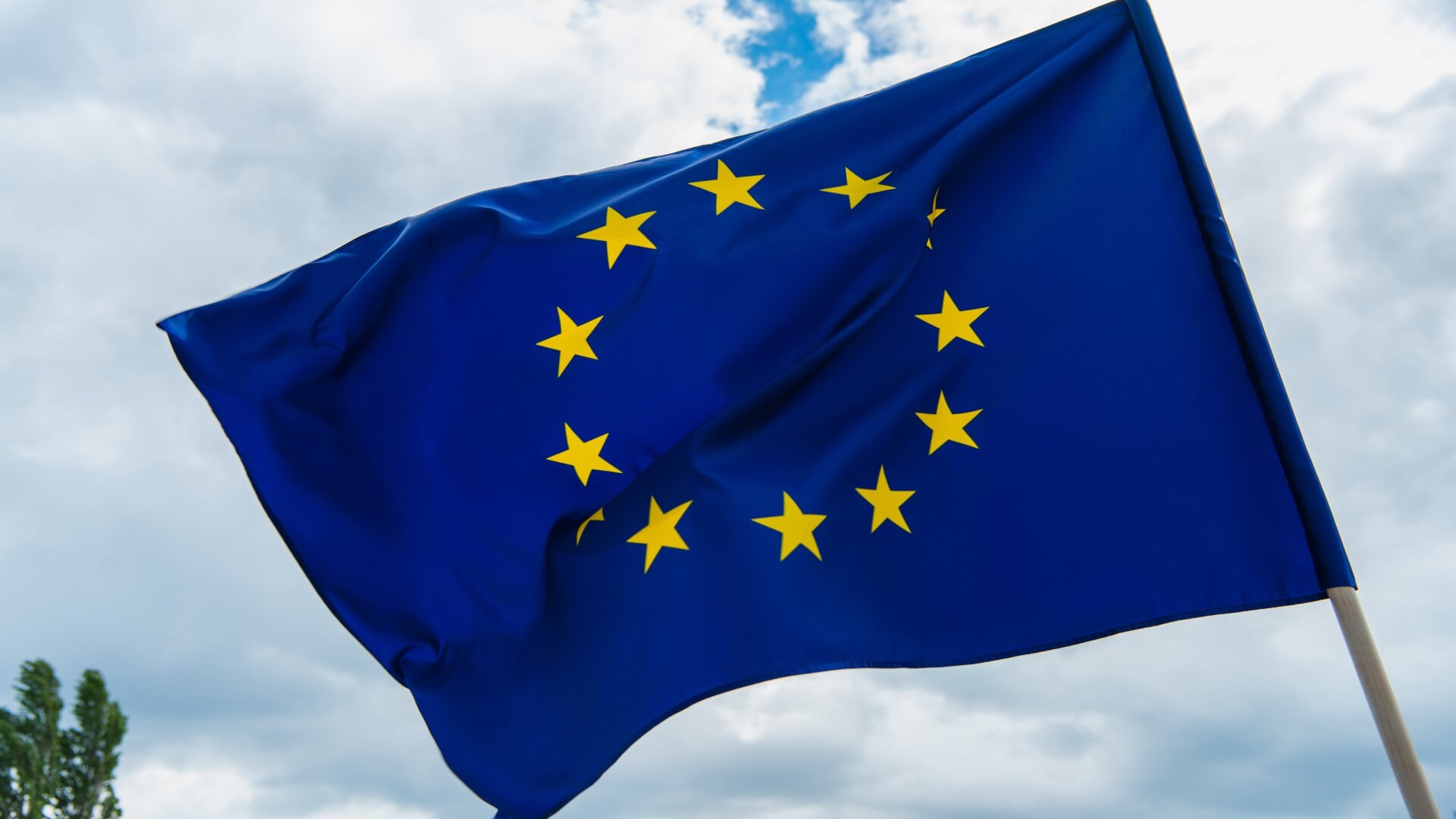The European Union is experiencing a changing landscape of SEPs. Standard essential patents (SEPs) are critical to technological innovation. Standards, such as 5G, LTE, and Wi-Fi, are the technologies that serve as a basis for product development and interoperability. When a company files for a patent, they are establishing a baseline technology for other companies to build on. The company needs to demonstrate that their patent represents an “essential” technology for further development. Once a patent is obtained, the SEP holder will license the technology to different companies in exchange for royalties. The European Union (EU) proposed regulation departs from the current inclusive consensus-driven approach by imposing different, new and untested procedures. The proposed measures include an SEP register and essentiality checks, and the establishment of a new SEP “Competence Center” within the European Union (EU) Intellectual Property Office (EUIPO). The EUIPO has no previous experience with patents and standardization. This leads experts to be concerned regarding the changing landscape of SEPs.
According to experts, the Commission’s proposed SEP regulation places additional (and often duplicate) burdens on owners of EU SEPs without clear benefits or efficiency gains over the current system. The EU is currently a global hub for standards, SEPs, and adjudication, and is home to companies that play a leading role globally in SEP development for cellular standards. They believe the proposed reform puts European leadership in 5G/6G, as well as the European standardization ecosystem, at risk.
Under the current process, the SEP holder and the licensing party agree on royalties as long as they follow fair, reasonable, and nondiscriminatory (FRAND) guidelines. FRAND’s present interpretation is primarily derived from court cases. Under the European Commission’s proposed regulation, SEP owners would need to get a FRAND determination from the EUIPO. The EUIPO is the office that the commission assigned to manage all SEP-related questions, FRAND royalties, and patent disputes under this new proposal. Here is an opinion piece we found of interest relating to the changing landscape of SEPs in the European Union.
Time to pause
In an opinion piece “Time to pause” for The Parliament, Christina Petersson, chief intellectual property officer at Ericsson, argues that while Ericsson, a company with decades of experience in developing and implementing technical standards, supports the proposal’s goals to improve standard essential patents (SEP) licensing and incentivize wide participation in standards development, but the proposed SEP regulation falls short of these objectives. The proposal was put forward in April 2023, and the European Parliament is poised to vote on the regulation by Q1 2024. She believes that is a tight timeline when the task is upending a long-standing, global system in favor of untested methods and procedures. Petersson adds given the concerns raised over the proposal’s structural flaws, lack of market data justifying its need, unbalanced approach, and implications for EU leadership in critical technologies like 5G and 6G that the Commission and Parliament need to take time to get it right.
Petersson argues that standards facilitate economic growth and allow new technologies to scale at speed. After more than 40 years, industry stakeholders have invested in R&D and worked according to consensus, resolving issues, and creating an increasingly effective global standardization framework. The Commission’s own empirical study finds that (1) cases of SEP litigation have only decreased since 2014, and (2) nothing about today’s SEP licensing conditions systematically discourages holders or implementers from developing or implementing SEPs. Read the full article on The Parliament.
Disclosure: Fatty Fish is a research and advisory firm that engages or has engaged in research, analysis, and advisory services with many technology companies, including those mentioned in this article. The author does not hold any equity positions with any company mentioned in this article.
The Fatty Fish Editorial Team includes a diverse group of industry analysts, researchers, and advisors who spend most of their days diving into the most important topics impacting the future of the technology sector. Our team focuses on the potential impact of tech-related IP policy, legislation, regulation, and litigation, along with critical global and geostrategic trends — and delivers content that makes it easier for journalists, lobbyists, and policy makers to understand these issues.
- The Fatty Fish Editorial Teamhttps://fattyfish.org/author/fattyfish_editorial/January 19, 2024
- The Fatty Fish Editorial Teamhttps://fattyfish.org/author/fattyfish_editorial/January 3, 2024
- The Fatty Fish Editorial Teamhttps://fattyfish.org/author/fattyfish_editorial/January 3, 2024
- The Fatty Fish Editorial Teamhttps://fattyfish.org/author/fattyfish_editorial/December 31, 2023









